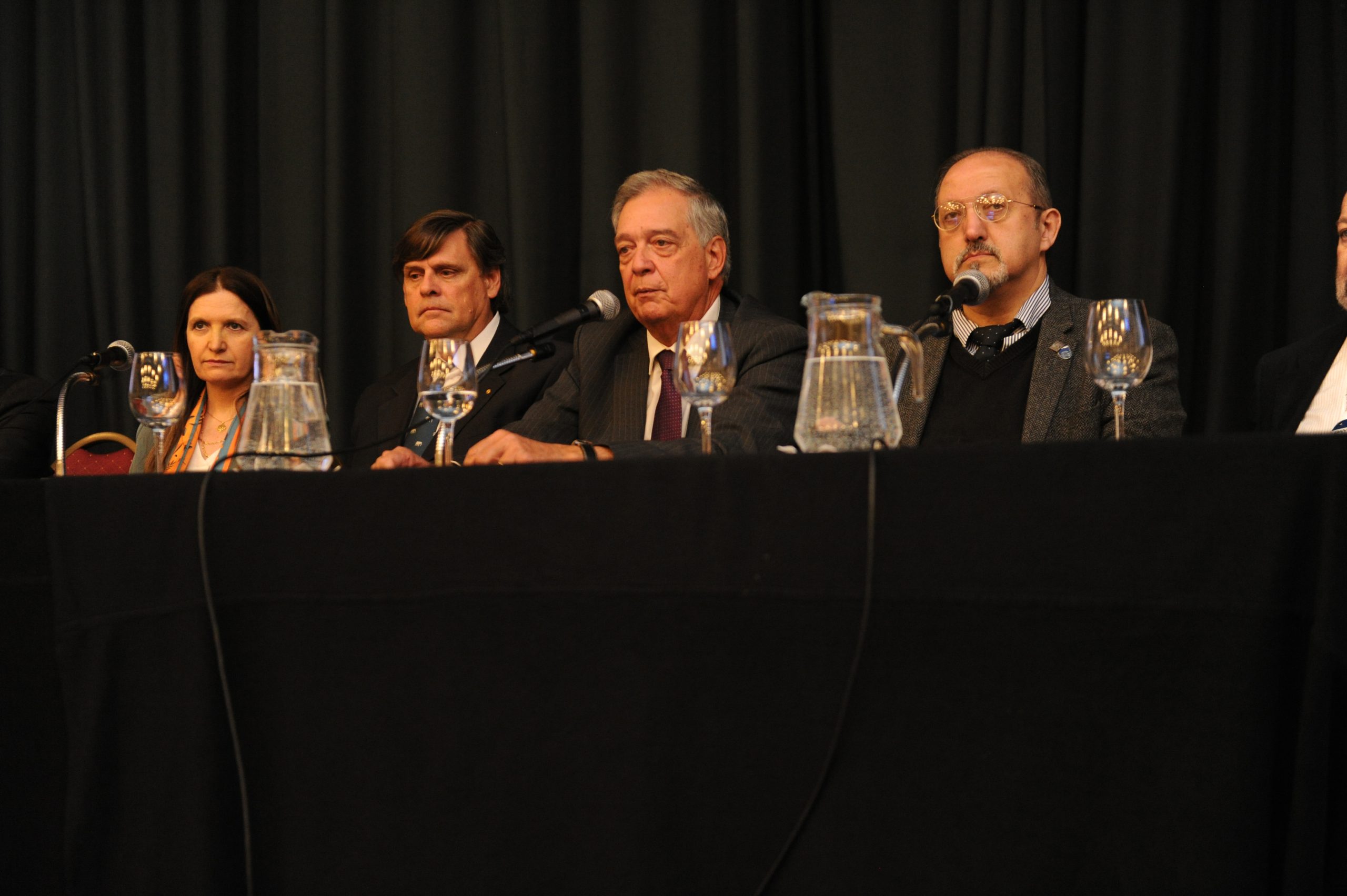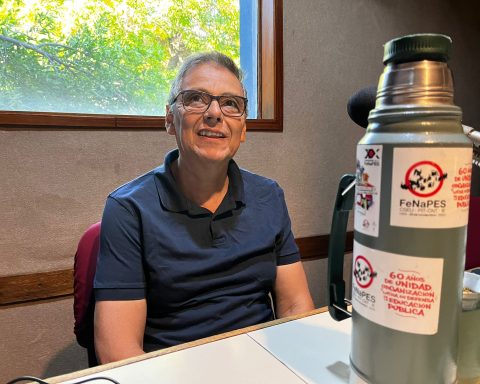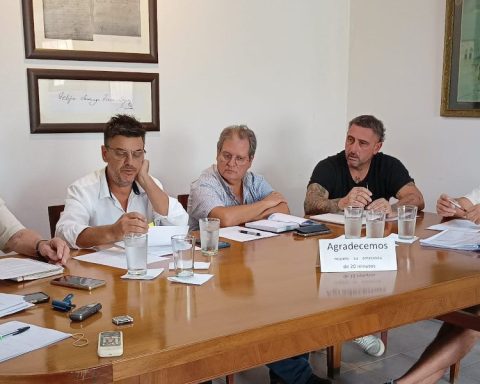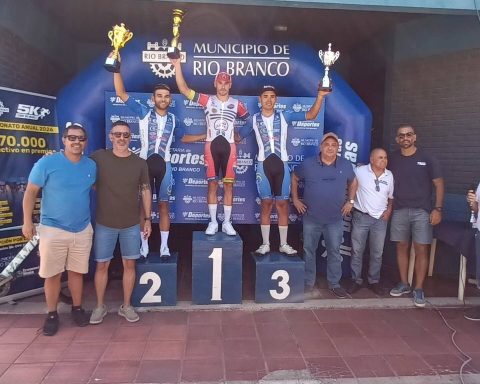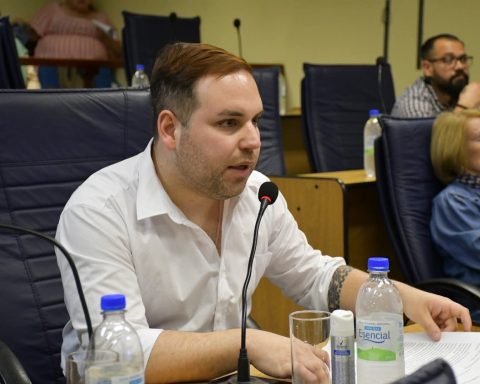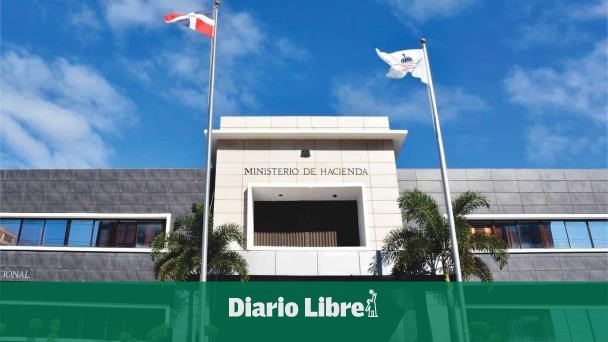Uruguay hosts Pan American Congress
The XXVII Pan American Congress of Veterinary Sciences, which began yesterday, Tuesday the 3rd, brings together professionals, researchers, students and representatives of the sector in the region.
The Minister of Livestock, Agriculture and Fisheries, Fernando Mattos, highlighted that Uruguay has addressed animal health as a State policy and considered that it is necessary to focus on prevention and strengthening health services.
The head of the Ministry of Public Health (MSP), Karina Rando, and the rector of the Faculty of Veterinary Medicine (FVET) of the University of the Republic (UDELAR), José Piaggio, among other authorities, participated in the opening of the event. The activity, which will include keynote conferences, symposiums, round tables and work presentations, will last until Friday the 6th.
Mattos assured that the concept of “one health”, which includes human, animal and environmental health, is consolidated and highlighted the importance of the congress to help reinforce it. He recalled that many recent diseases have been of animal origin, with causes such as productive intensification, which is why, he believed, it is vital to strengthen aspects such as prevention.
In Uruguay, the recorded cases of equine encephalomyelitis and avian influenza are linked to the introduction of vectors that were not present in the country, he said. Likewise, he referred to the impact of leishmaniasis in the north of the country and said that we live with exotic diseases, such as dengue, chikungunya and Zika, that are advancing in the region, so it is necessary to focus on prevention and strengthening services. sanitary.
He also stated that Uruguay addresses animal health as a State policy, in a context in which 30% of the goods the country exports are of animal origin and are essential for the functioning of the economy. The increasing demand of markets to allow the entry of products is another reason to further professionalize good services, he considered.
Rando highlighted the joint work of the MSP, through the Department of Zoonoses, the FVET and the Ministry of Livestock, Agriculture and Fisheries, regarding the prevention of leishmaniasis in Artigas and Salto. Cooperation between organizations has allowed progress in aspects such as the training of new professionals, he said. In this sense, he especially valued the role of veterinary doctors, who play a crucial role in public health and whose work directly affects the well-being of society.
The congress is organized by the Veterinary College of Uruguay, the Society of Veterinary Medicine and the FVET, with collaboration of the National Veterinary Academy.
